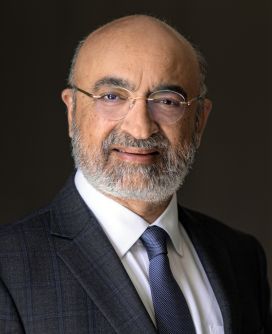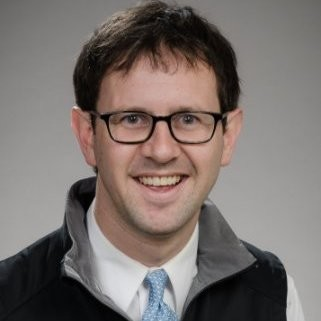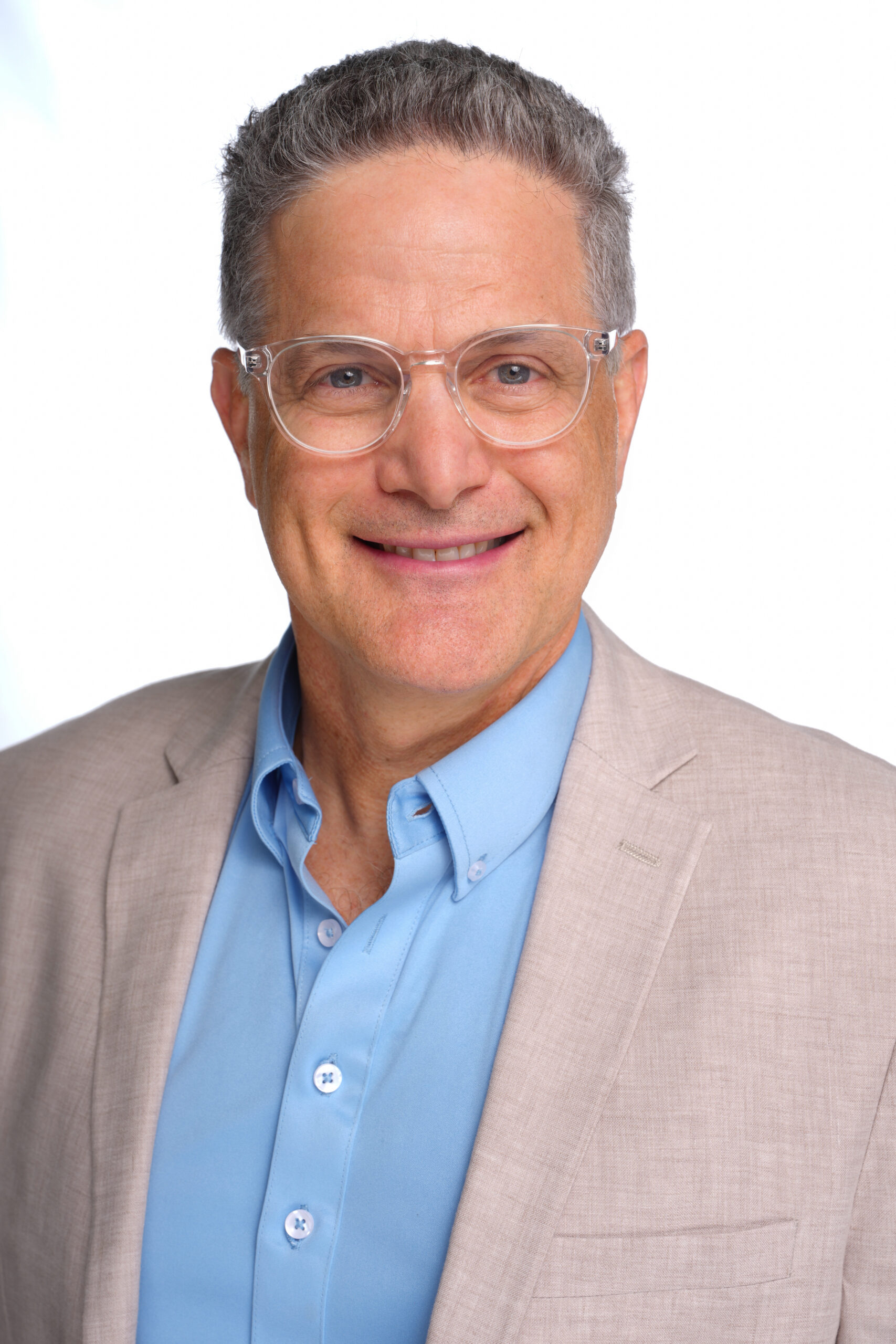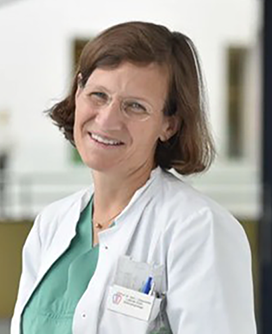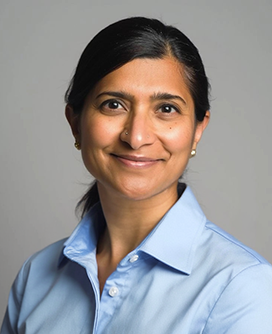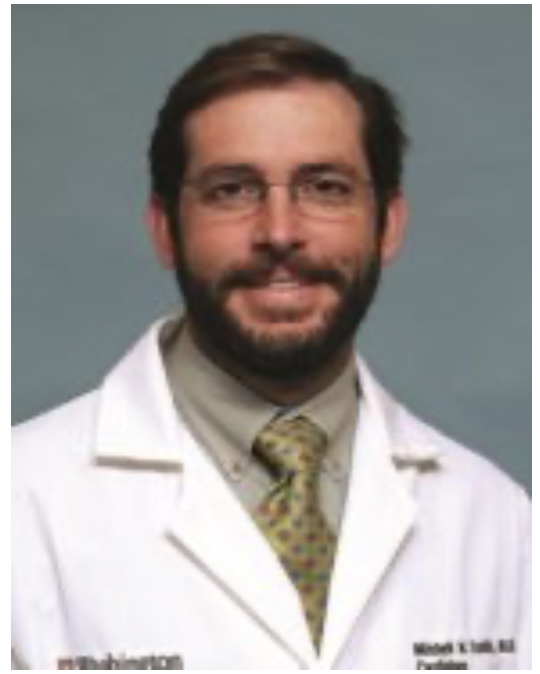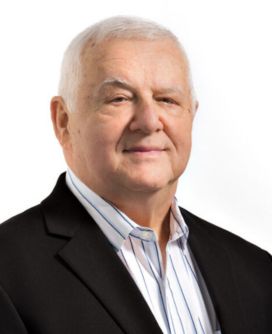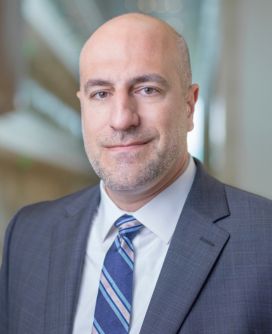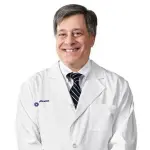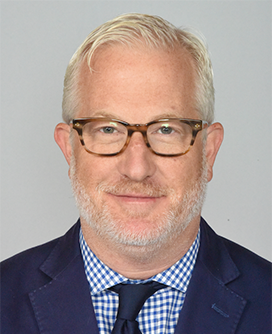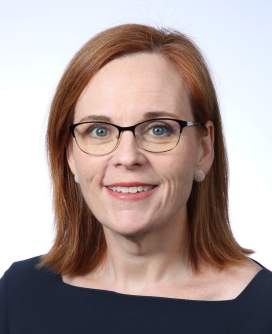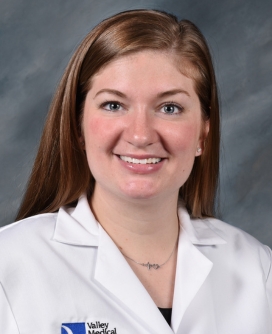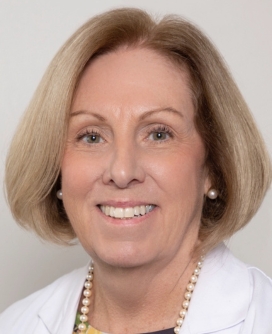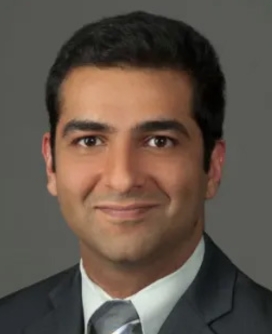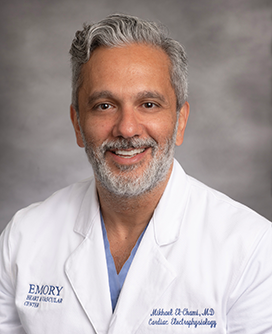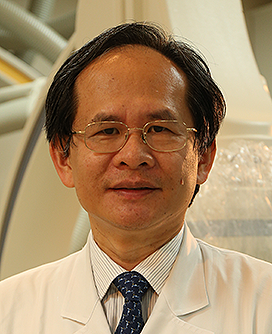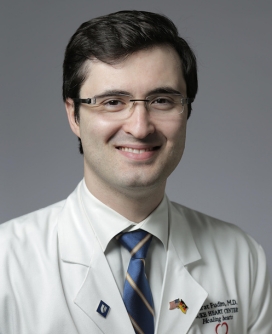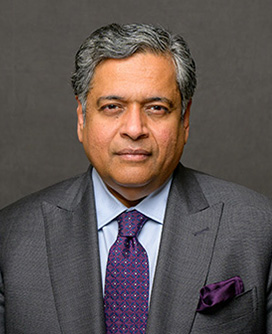Event category: Concurrent Session
Events
September 04, 2025

Sudden Cardiac Arrest Session
Sudden Cardiac Arrest Session
Mina K. Chung | Alan Cheng | Sumeet Chugh | Richard Price | Monique Starks | Jake Sunshine
SCA is a persistent public health problem, but little has changed over the past several decades. This session will highlight new approaches to the prevention and treatment of SCA that leverage innovative technologies and systems of care. Special attention will be given to how different technologies, education, and predictive analytics can synergize to improve the problem of SCA and improve outcomes.
September 05, 2025

Early Feasibility Studies and EP Innovation
Early Feasibility Studies and EP Innovation
Paul Wang | Andrea Russo | Liat Tsoref | J. Peter Weiss
EP Collaboratory to share efforts between industry and early stage companies to promote EFS within the US to increase patient access to new technologies and to support device innovation.

Pulsed Field Ablation: The End of the Beginning
Pulsed Field Ablation: The End of the Beginning
Vivek Y. Reddy | Isabel Deisenhofer | Thomas Deneke | Brendan Koop | Steven Mickelsen
By the time of HRX 2025, pulsed field ablation will have been clinically available in the US for more than a year and a half. While first-gen systems have brought notable changes to EP, these first-generation systems only represent the very beginning of PFA. This session will focus on discussion of the key developments and advances for next generation PFA technologies, including advances in pulse sequences, catheter design, integration with electroanatomic mapping, and patient- and anatomic-specific custom lesion formation.

Innovations in Antiarrhythmic Drug Therapy: Oxymoron or a Turning Point in the Field
Innovations in Antiarrhythmic Drug Therapy: Oxymoron or a Turning Point in the Field
Steven Lubitz
Catheter ablation has become the dominant form of therapeutic intervention for cardiac arrhythmias. However, preclinical development of new antiarrhythmic drugs is very robust. These new molecular entities are not limited to antagonism of membrane active ion channels, but target additional mechanisms of arrhythmogenesis. These drugs, their targets, and their potential ability to improve and disrupt current care paradigms will be reviewed in this session.
September 06, 2025

Wearables and the Future
Wearables and the Future
Jagmeet Singh | Derek Exner | Uma Srivatsa | Mintu Turakhia
The advent of multiple sensors in wearables begins to provide clinicians with a treasure trove of data of unknown impact and usefulness. This session will examine tech and the patient experience of employing it.
September 05, 2025

Development of Autonomous Mapping Systems
Development of Autonomous Mapping Systems
Sanjiv Narayan | Isabel Deisenhofer | Sabine Ernst | Mitchell Faddis | Shlomo Shpun | Jennifer N. Avari Silva
Self-driving cars, remote control of drones, and self-navigating planes are all current realities. However, mapping and ablation of cardiac arrhythmias is a completely human and labor-intensive endeavor, despite many advances over the years. This session will discuss the key barriers and potential solutions that may enable remote control of mapping and ablation as well as semi-autonomous systems for mapping and ablation.

Heart Rhythm Innovation Morbidity and Mortality Conference – Avoiding Fatal Pitfalls
Heart Rhythm Innovation Morbidity and Mortality Conference – Avoiding Fatal Pitfalls
Avi Fischer | Daniel Cantillon | Howard B. Levin | Jennifer N. Avari Silva | Mintu Turakhia
Not all innovation is successful. Many potential innovations fail in the pre-clinical or early testing phases – often for common reasons. This session will discuss the potential pitfalls in device development and how innovators can navigate these challenges with greater confidence by avoiding mistakes and missteps. The panel will discuss their “dream” innovations that didn’t come to fruition – and what they learned.
September 04, 2025

Remote Monitoring and Data Management: Challenges and Innovations
Remote Monitoring and Data Management: Challenges and Innovations
Aileen Ferrick | Jessica Mullenix | Carissa Pistilli | Yekaterina Spivak | Julie Thomas | Amy Tucker | Rebecca Yapejian
In this session, we will delve into the evolving landscape of remote monitoring, addressing the increasing challenges associated with managing vast amounts of data collected from wearables, implantables, and external monitoring devices. We will explore the complexities of integrating data across diverse platforms, with a particular focus on overcoming interoperability barriers.
September 05, 2025

The Permanent Pacing of Tomorrow
The Permanent Pacing of Tomorrow
Mikhael El-Chami | Neal Bhatia | Janet K. Han | Anne Kroman | Kathryn Hilpisch
This session will detail the possibilities, potential technologies, and likely pathways for permanent pacing in the future. Specifically, this session will explore next generation pacing technologies, including but not limited to advances in leadless pacing, micro-devices, new epicardial pacing interventions, pacing for HFpE, and physiologic atrial pacing.

Innovations in Autonomic Therapies for Atrial Fibrillation
Innovations in Autonomic Therapies for Atrial Fibrillation
Jonathan Piccini | Shih-Ann Chen | Marat Fudim | Stavros Stavrakis | Kalyanam Shivkumar
The autonomic nervous system is known to play a critical role in the initiation and/or triggering of many arrhythmias, including atrial fibrillation. Autonomic therapies have moved well-beyond isolated ablation of cardiac ganglionated plexi. This session will review the innovations that have expanded autonomic therapies, including tragus stimulation, renal sympathetic denervation, and future innovations for additional interventions.

